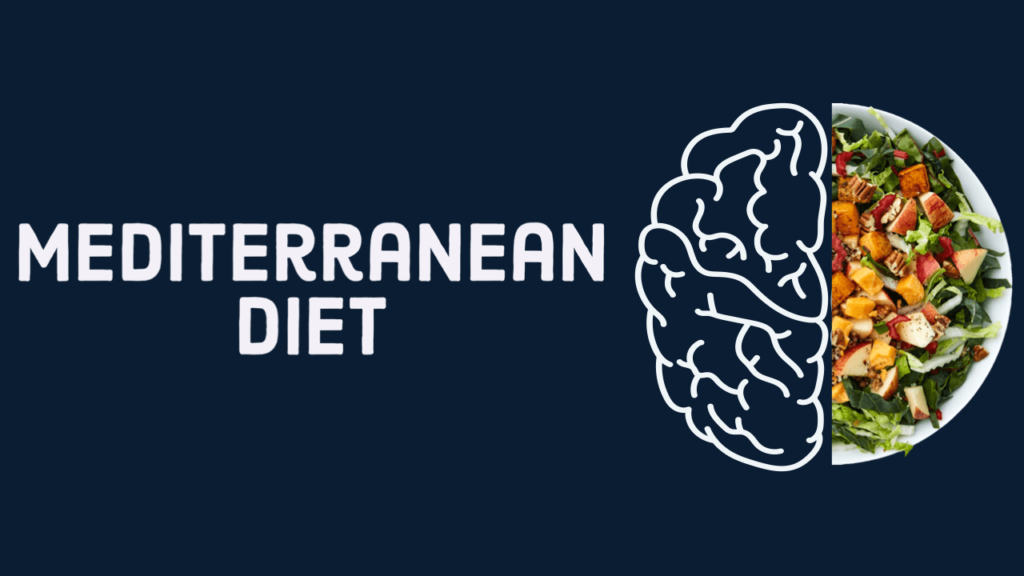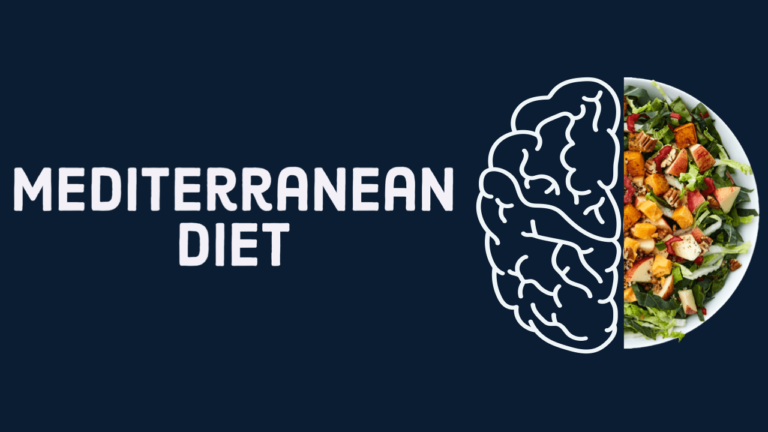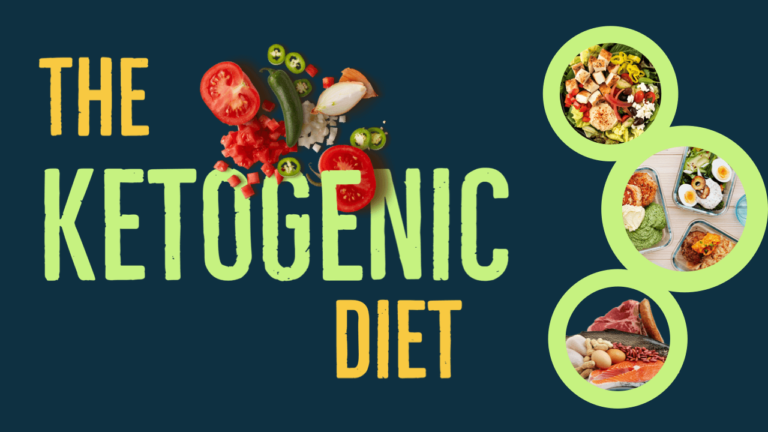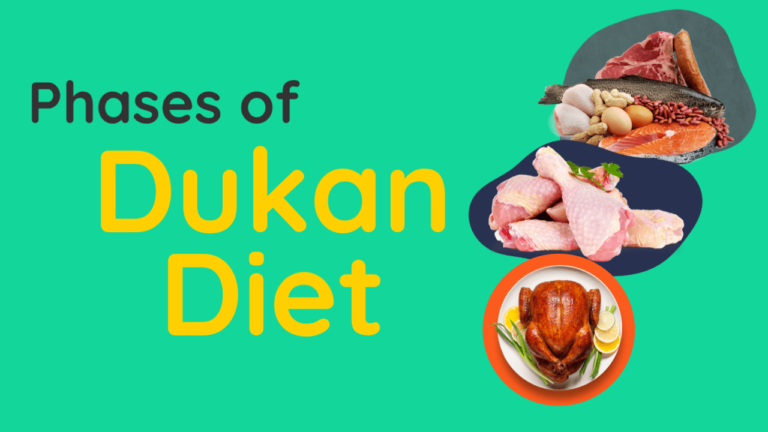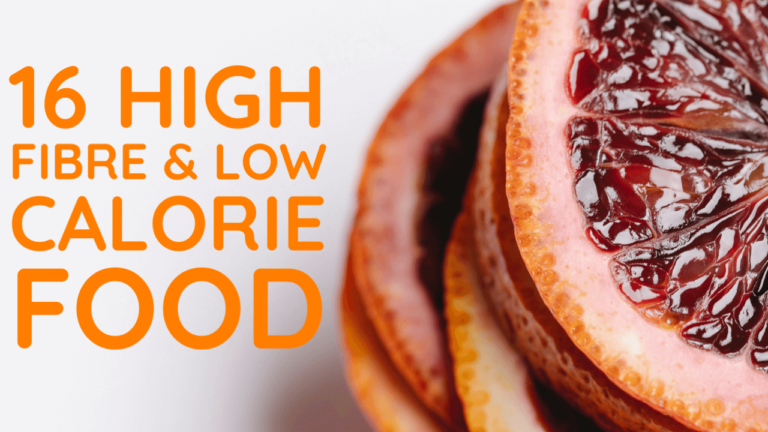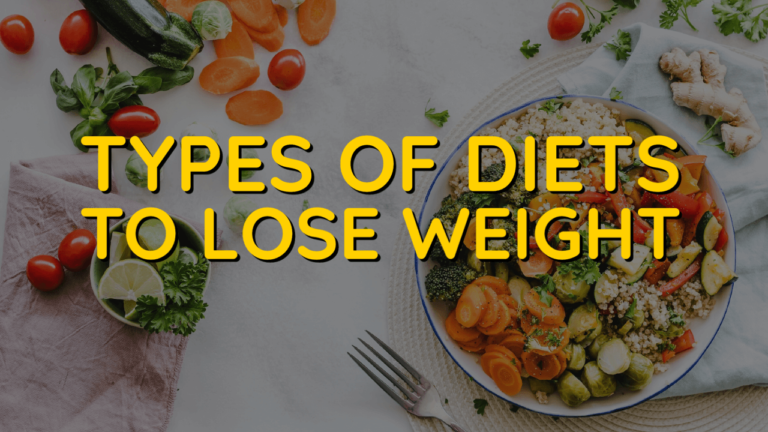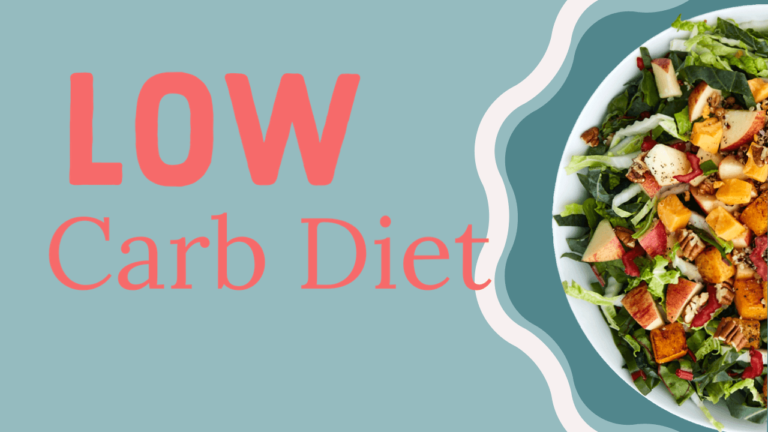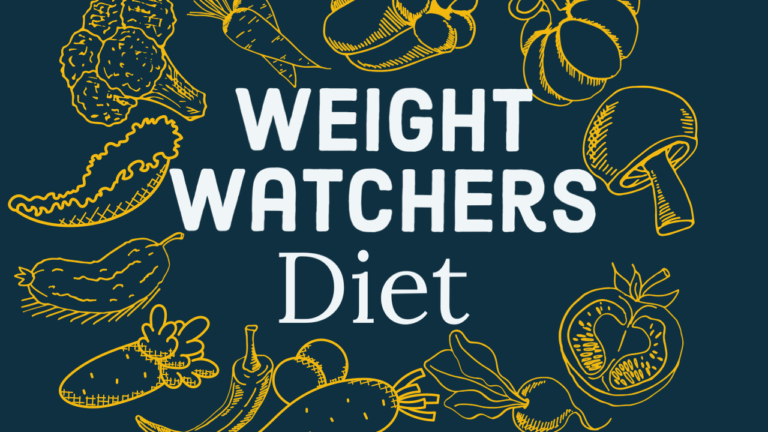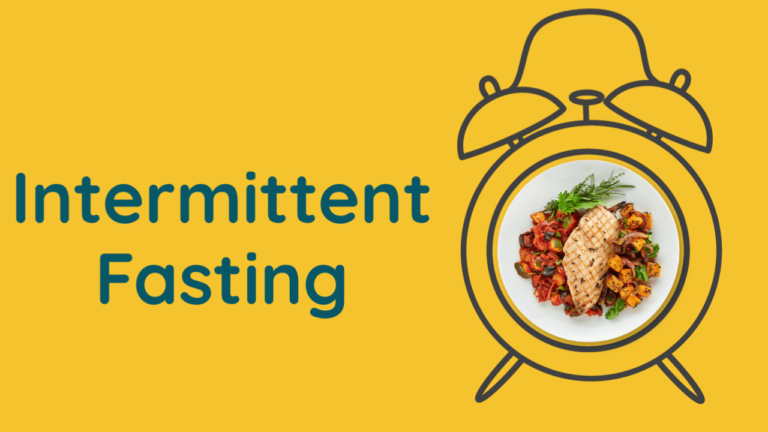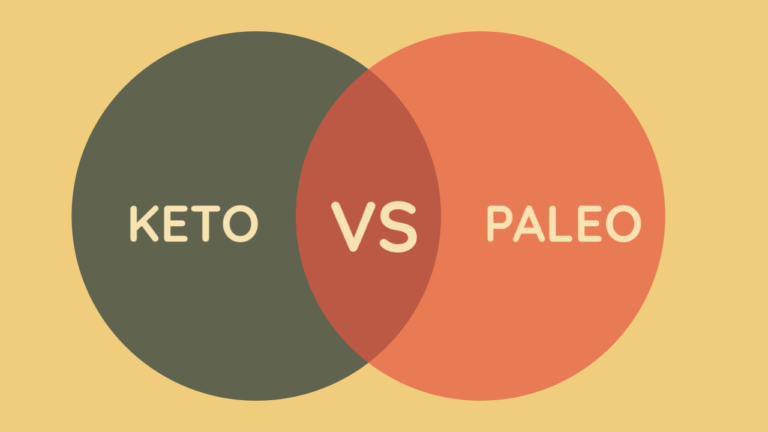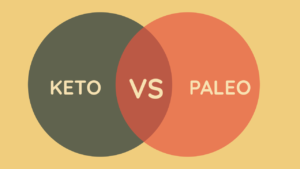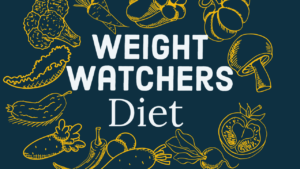The Mediterranean diet is a way of eating that is inspired by the traditional food culture of countries around the Mediterranean sea. This dietary pattern has been shown to have numerous health benefits, including reduced risk of heart disease, stroke, and certain types of cancer. In this article, we will provide a comprehensive guide to the MD, including what to eat, what to avoid, and the health benefits of following this eating style.
What is the Mediterranean Diet (MD)?
The MD is not a traditional “diet” in the sense that it is not a weight loss program or a strict set of rules to follow. Instead, it is a way of eating that emphasizes the consumption of whole, unprocessed foods and limits the intake of added sugars, saturated and trans fats, and processed foods. The diet is rich in healthy fats, such as olive oil, nuts, and avocados, and includes plenty of fresh fruits, vegetables, legumes, whole grains, and lean protein sources, such as fish and poultry.
What to Eat on the Mediterranean Diet?
The Mediterranean diet list of foods include a variety of fresh, whole foods. Some of the key foods to include in your diet are:
- Fruits: Fresh fruit, such as berries, oranges, and grapes, make a healthy addition to any meal.
- Vegetables: Leafy greens, such as spinach and kale, as well as colorful vegetables, such as bell peppers and tomatoes, are important components of the MD.
- Legumes: Beans, lentils, and chickpeas are excellent sources of fiber, protein, and other essential nutrients.
- Whole grains: Whole grain breads, pasta, and rice are recommended, as they are a more nutritious alternative to refined grains.
- Lean protein: Fish, poultry, and eggs are all great protein options for the MD. Red meat should be limited.
- Healthy fats: Olive oil, nuts, and avocados are rich in heart-healthy monounsaturated fats and should be included in moderate amounts.
What to Avoid on the Mediterranean Diet?
While the Mediterranean diet encourages the consumption of whole, unprocessed foods, there are also certain foods that should be limited or avoided. These include:
- Processed foods: Foods that are high in added sugars, saturated and trans fats, and preservatives should be limited or avoided.
- Refined grains: White bread, pasta, and rice are all examples of refined grains that are best limited on the MD.
- Red meat: Red meat should be limited, as it is high in saturated fat and has been linked to an increased risk of certain chronic diseases.
- Sugar-sweetened beverages: Soda, fruit juice, and other sugar-sweetened drinks should be limited or avoided, as they are high in added sugars.
The Health Benefits of the Mediterranean Diet
Studies have shown that following a Mediterranean diet can have numerous health benefits, including:
- Reduced risk of heart disease: The MD has been shown to lower levels of “bad” LDL cholesterol and reduce the risk of heart disease.
- Improved brain function: The MD has been linked to improved memory and cognitive function in older adults.
- Reduced risk of stroke: The diet has been shown to lower the risk of stroke, especially in people with high blood pressure.
- Decreased risk of certain types of cancer: The MD has been associated with a reduced risk of certain types of cancer, including breast, colorectal, and prostate cancer.
- Better weight management: Lose weight with Mediterranean Diet By emphasizing whole, unprocessed foods and limiting added sugars and processed foods,

Types of Mediterranean Diet
While the traditional Mediterranean diet is based on the dietary patterns of countries such as Greece, Italy, and Spain, there are various interpretations of the diet that have emerged over the years. Here are some of the most commonly recognized types of MD:
The Traditional Mediterranean Diet
The traditional Mediterranean diet is based on the eating patterns of people living in the Mediterranean region in the mid-20th century. It emphasizes the consumption of whole, unprocessed foods, such as fruits, vegetables, whole grains, legumes, and healthy fats, such as olive oil. The traditional Mediterranean diet also includes moderate amounts of fish and poultry and limited amounts of red meat.
The Modern Mediterranean Diet
The modern Mediterranean diet is a more recent interpretation of the traditional Mediterranean diet. It is based on the same principles, but allows for some modifications to accommodate modern dietary practices. For example, the modern Mediterranean diet may include more processed foods, such as whole grain bread and pasta, and may also include dairy products, such as cheese and yogurt.
The Mediterranean Diet Pyramid
The Mediterranean diet pyramid is a visual representation of the Mediterranean diet, with the base of the pyramid representing the foods that should be consumed most frequently, and the top of the pyramid representing the foods that should be consumed less often. The Mediterranean diet pyramid includes categories such as fruits, vegetables, whole grains, legumes, nuts, fish, poultry, dairy, and healthy fats, and encourages limited amounts of red meat and processed foods.
The DASH Diet
The DASH diet, or Dietary Approaches to Stop Hypertension, is a diet that was developed to lower blood pressure and improve heart health. While it is not strictly a Mediterranean diet, it does share some similarities, such as an emphasis on whole, unprocessed foods, and limited amounts of red meat and processed foods.
In conclusion, while there are various interpretations of the Mediterranean diet, the underlying principles remain the same: to emphasize the consumption of whole, unprocessed foods and limit the intake of sugar, processed foods and saturated & trans fats.
How the Mediterranean Diet Works
The Mediterranean diet works by promoting the consumption of whole, unprocessed foods that are rich in nutrients and low in unhealthy fats. The emphasis on plant-based foods, such as fruits, vegetables, whole grains, legumes, and nuts, provides a high fiber and nutrient-rich diet that has been shown to improve health and reduce the risk of chronic diseases.
Here are some of the key ways the Mediterranean diet works:
Promotes a Healthy Weight
The Mediterranean diet is naturally high in fiber and low in unhealthy fats, making it an effective way to maintain a healthy weight. Research has shown that following a Mediterranean diet is associated with lower body mass index (BMI) and a reduced risk of obesity.
Lowers Cholesterol
The Mediterranean diet is rich in monounsaturated fats, such as olive oil, which have been shown to lower cholesterol levels and reduce the risk of heart disease. In addition, the emphasis on consuming fish and poultry, which are high in omega-3 fatty acids, further helps to improve cholesterol levels and reduce the risk of heart disease.
Lowers Blood Pressure
The Mediterranean diet is high in potassium, magnesium, and calcium, which are all nutrients that have been shown to lower blood pressure. In addition, the emphasis on consuming plant-based foods, such as fruits, vegetables, and whole grains, also helps to lower blood pressure and improve heart health.
Reduces Inflammation
The Mediterranean diet is rich in anti-inflammatory nutrients, such as vitamins C and E, antioxidants, and omega-3 fatty acids. These nutrients help to reduce inflammation in the body, which has been linked to a range of chronic diseases, including heart disease, cancer, and Alzheimer’s disease.
Improves Brain Function
The Mediterranean diet is high in healthy fats, such as olive oil and nuts, which have been shown to improve brain function and reduce the risk of cognitive decline and Alzheimer’s disease. In addition, the emphasis on consuming fresh, whole foods provides a wealth of vitamins, minerals, and antioxidants that have been shown to improve brain health.
In conclusion, the Mediterranean diet works by promoting the consumption of whole, unprocessed foods that are rich in nutrients and low in unhealthy fats. By following a Mediterranean diet, you can enjoy a wide range of health benefits, including a healthy weight, lower cholesterol and blood pressure, reduced inflammation, and improved brain function.

Beginner Tips for Following the Mediterranean Diet
Starting a new diet can be challenging, but the Mediterranean diet is a delicious and healthy way of eating that is easy to follow. Here are some beginner tips to keep in mind to help you get started:
Focus on Whole Foods
The Mediterranean diet emphasizes consuming whole, unprocessed foods, such as fruits, vegetables, whole grains, legumes, and nuts. Try to focus on these foods as the cornerstone of your diet and limit processed foods, such as sugar, refined grains, and unhealthy fats.
Embrace Healthy Fats
The Mediterranean diet is rich in healthy fats, such as olive oil, nuts, and avocados. These foods provide important nutrients and help to reduce the risk of heart disease. Try to use olive oil as your primary cooking oil and add nuts and avocados to your diet for a healthy source of fat.
Incorporate Fish and Poultry
Fish and poultry, such as salmon, cod, and chicken, are a staple of the Mediterranean diet. These foods are high in omega-3 fatty acids and help to improve heart health. Try to consume fish and poultry at least twice a week.
Eat More Fruits and Vegetables
Fruits and vegetables are a staple of the Mediterranean diet and should make up a large portion of your diet. Try to include a variety of colors and types in your diet to ensure that you get a wide range of nutrients.
Limit Red Meat
Red meat is not a staple of the Mediterranean diet and should be limited. Try to consume red meat no more than a few times a month and opt for fish and poultry instead.

Enjoy Your Meals with Others
The Mediterranean diet emphasizes the enjoyment of food and meals should be a time for socializing and relaxation. Try to make mealtime a priority and enjoy meals with friends and family whenever possible.
In conclusion, the Mediterranean diet is a delicious and healthy way of eating that is easy to follow. By focusing on whole foods, embracing healthy fats, incorporating fish and poultry, eating more fruits and vegetables, limiting red meat, and enjoying meals with others, you can easily adopt a Mediterranean diet and enjoy the many health benefits it provides.
Conclusion
The Mediterranean diet is a way of eating that is based on the traditional diets of people living in the Mediterranean region. It emphasizes consuming whole, unprocessed foods, such as fruits, vegetables, whole grains, legumes, and nuts, and limiting processed foods and red meat. This diet is known for its numerous health benefits, including a reduced risk of heart disease and certain types of cancer.
FAQs
1. What is the Mediterranean diet?
The Mediterranean diet is a way of eating that is based on the traditional diets of people living in the Mediterranean region. It emphasizes consuming whole, unprocessed foods, such as fruits, vegetables, whole grains, legumes, and nuts, and limiting processed foods and red meat.
2. What foods are included in the Mediterranean diet?
The Mediterranean diet includes a variety of foods, including:
Fruits and vegetables
Whole grains
Legumes
Nuts
Fish and poultry
Olive oil
Avocados
3. What are the benefits of the Mediterranean diet?
Reduced risk of heart disease
Reduced risk of certain types of cancer
Improved heart health
Better blood sugar control
Better weight management
4. Is the Mediterranean diet easy to follow?
Yes, the Mediterranean diet is easy to follow. It emphasizes whole, unprocessed foods and focuses on enjoying meals with friends and family. By incorporating healthy fats, fish, poultry, fruits and vegetables into your diet, you can easily adopt a Mediterranean diet.
In conclusion, the Mediterranean diet is a delicious and healthy way of eating that has numerous health benefits. By focusing on whole, unprocessed foods and limiting processed foods and red meat, you can easily adopt a Mediterranean diet and enjoy its many benefits.


